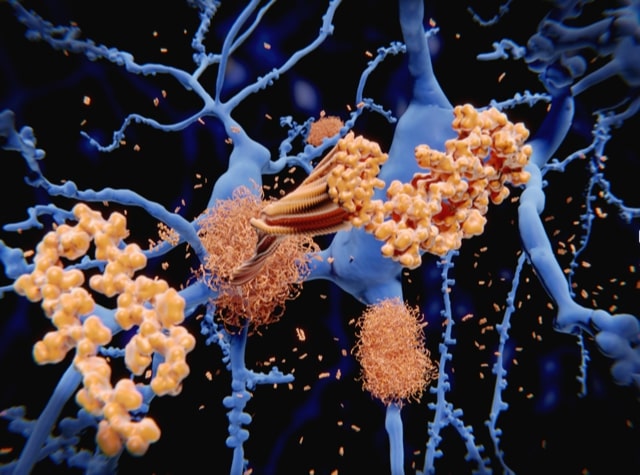The Role of Genetics in Alzheimer's Disease: What You Need to Know

Alzheimer's disease is a complex neurological condition that affects millions of people worldwide, causing progressive memory loss, cognitive decline, and behavioral changes. While the exact cause of Alzheimer's disease remains unknown, researchers have identified several genetic factors that may influence the risk of developing the condition. In this blog post, we will explore the role of genetics in Alzheimer's disease, discussing genes that have been linked to the condition and the implications of genetic testing for individuals and their families.
1. Genetic Risk Factors for Alzheimer's Disease
Researchers have identified several genes that may increase the risk of developing Alzheimer's disease. These genetic risk factors can be divided into two categories:
- Early-Onset Alzheimer's Disease: This rare form of Alzheimer's affects individuals under the age of 65 and is usually inherited in an autosomal dominant pattern, meaning that a mutation in just one copy of the gene is enough to cause the disease. Mutations in three genes – APP, PSEN1, and PSEN2 – have been linked to early-onset Alzheimer's.
- Late-Onset Alzheimer's Disease: This is the most common form of Alzheimer's, affecting individuals over the age of 65. The primary genetic risk factor for late- onset Alzheimer's is the APOE gene, specifically the APOE-e4 variant. While having one or two copies of the APOE-e4 gene increases the risk of developing Alzheimer's, it does not guarantee that an individual will develop the disease.
2. Genetic Testing for Alzheimer's Disease
Genetic testing can be used to identify the presence of specific gene mutations or variants associated with Alzheimer's disease. However, there are several considerations to keep in mind when deciding whether to pursue genetic testing:
- Predictive Value: While genetic testing can provide information about an individual's risk of developing Alzheimer's, it cannot predict with certainty whether or not they will actually develop the disease. This is particularly true for late-onset Alzheimer's, where the presence of the APOE-e4 variant only increases the risk, rather than guaranteeing the development of the condition.
- Psychological Impact: Receiving information about one's genetic risk for Alzheimer's can have significant psychological consequences, including increased anxiety, stress, and feelings of helplessness. It is essential to carefully weigh the potential benefits and drawbacks of genetic testing before making a decision.
- Family Implications: Genetic testing for Alzheimer's disease can also have implications for an individual's family members, as they may also carry the same genetic risk factors. It is crucial to consider the potential impact of this information on family dynamics and relationships.
3. Genetic Counseling for Alzheimer's Disease
For individuals considering genetic testing for Alzheimer's disease, it is highly recommended to seek genetic counseling. Genetic counselors are healthcare professionals who can help individuals and their families understand the implications of genetic testing, interpret test results, and make informed decisions about their healthcare.
4. The Future of Genetics in Alzheimer's Disease Research
As our understanding of the role of genetics in Alzheimer's disease continues to grow, researchers are exploring new ways to target these genetic factors to develop more effective treatments and prevention strategies. Gene therapies, personalized medicine, and other cutting-edge approaches hold great promise for the future of Alzheimer's disease research and treatment.

The role of genetics in Alzheimer's disease is an important area of research, with significant implications for understanding the development and progression of the condition. By staying informed about the latest advancements in genetics and Alzheimer's disease, individuals and their families can make more informed decisions about their healthcare and contribute to the ongoing fight against this devastating disease.
